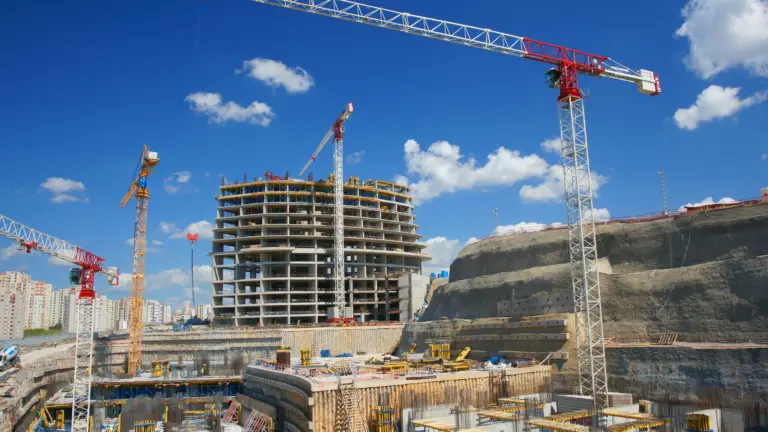Effective project planning is the cornerstone of a successful construction endeavor. It sets the stage for a seamless and well-executed project from inception to completion. In this comprehensive guide, we will explore the crucial steps involved in construction project planning, highlighting their significance and providing insights into best practices.
To view AH Construction’s projects click HERE
1. Define Project Objectives: The Foundation of Planning
At the core of construction project planning is a clear definition of project objectives. This involves specifying what the project aims to achieve, such as constructing a building, bridge, or infrastructure. Establishing well-defined goals is essential for guiding all subsequent planning activities.
2. Project Scope Definition: Outlining the Work
Defining the project scope involves specifying the exact work that needs to be accomplished. It includes determining the size, complexity, and specifications of the project. A comprehensive scope statement helps in avoiding scope creep, which can lead to delays and budget overruns.
3. Budget and Cost Estimation: Financial Foundations
Accurate cost estimation is vital for project viability. This step involves calculating the project’s budget, including materials, labor, equipment, and overhead costs. A detailed budget ensures financial accountability and provides a basis for cost control throughout the project.
4. Schedule Development: Time Management
Developing a project schedule is the roadmap for timely completion. It involves creating a timeline that outlines when each task or phase will be executed. Effective scheduling considers dependencies between tasks and allocates resources efficiently.
5. Risk Assessment and Mitigation: Anticipating Challenges
Identifying potential risks and developing mitigation strategies is a critical planning component. A thorough risk assessment helps in proactively addressing challenges that could affect the project timeline, budget, or quality.
6. Resource Allocation: Personnel and Equipment
Resource allocation involves determining the personnel, equipment, and materials required for the project. It ensures that the right resources are available at the right time to avoid delays and inefficiencies.
7. Procurement Strategy: Sourcing Materials and Services
Selecting a procurement strategy involves deciding how materials and services will be sourced. This includes considerations of in-house capabilities, subcontractors, and suppliers. Effective procurement ensures timely availability of resources.
8. Quality Assurance and Control: Maintaining Standards
Quality assurance and control are essential to delivering a successful project. Establishing quality standards and processes ensures that the project meets or exceeds expectations. Regular inspections and audits help maintain quality throughout construction.
9. Communication Plan: Keeping Stakeholders Informed
A well-defined communication plan outlines how information will be shared among project stakeholders. It includes regular updates, reporting mechanisms, and methods for addressing issues and concerns.
10. Safety Protocols: Ensuring Worker Well-being
Safety is paramount in construction project planning. Implementing safety protocols and procedures protects the well-being of workers, reduces accidents, and minimizes project disruptions.
11. Legal and Regulatory Compliance: Navigating the Rules
Understanding and complying with local building codes, permits, and regulations is fundamental. Non-compliance can lead to delays and legal issues.
12. Contingency Planning: Preparing for the Unexpected
Construction projects often encounter unexpected challenges. A contingency plan outlines how unforeseen issues will be addressed, ensuring that the project remains on track.
13 Stakeholder Engagement: Building Relationships
Engaging with stakeholders, including clients, communities, and regulatory bodies, fosters positive relationships and helps in addressing concerns and expectations.Construction project planning is the blueprint for success in the construction industry. Each step in the planning process is interconnected and plays a crucial role in delivering projects on time, within budget, and to the highest quality standards. By meticulously following these key steps and adapting them to the specific project, construction professionals can ensure a smooth and successful journey from project initiation to completion.
For more information about AH construction click HERE




